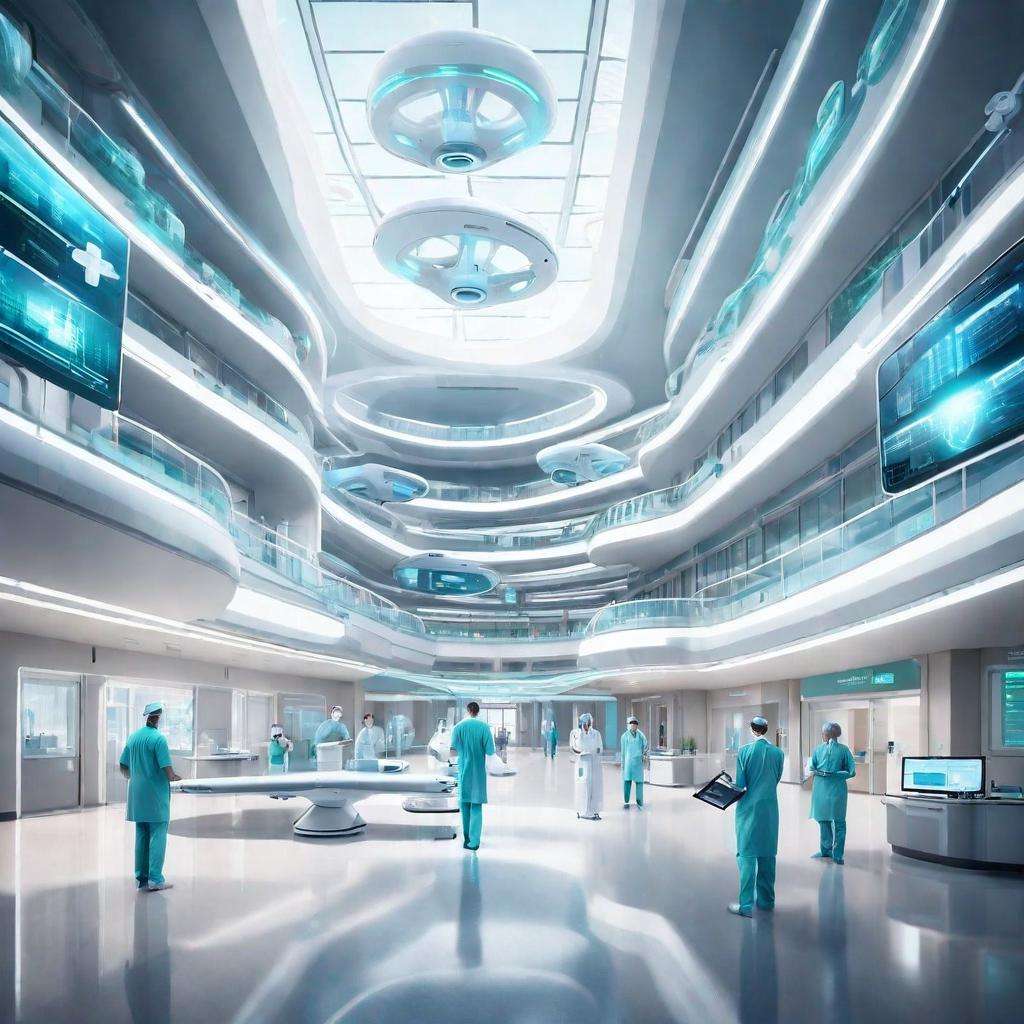The landscape of healthcare management is rapidly evolving, driven by technological advancements. In 2024, staying ahead means embracing cutting-edge tools and technologies designed to enhance efficiency, improve patient care, and streamline hospital management processes. From Electronic Medical Record (EMR) systems to advanced patient care analytics, here’s a detailed look at 14 essential tools every healthcare professional should be familiar with.
1. Electronic Medical Record (EMR) Systems

EMR systems serve as the backbone of hospital management, revolutionizing patient data management and communication between departments. The latest iterations offer AI-driven data analysis and cloud-based storage, ensuring real-time access and accuracy.
2. Telemedicine Platforms
Telemedicine has emerged as a vital component of patient care, especially in the wake of the COVID-19 pandemic. Seamless integration with EMR systems allows for remote consultations and follow-ups, expanding access to care and enhancing patient outcomes.
3. Patient Care Analytics

Harnessing big data insights, patient care analytics tools empower hospitals to identify trends, predict patient needs, and optimize care delivery, thereby improving overall operational efficiency.
4. Automated Scheduling Systems
Efficient workforce management is achieved through automated scheduling systems, which optimize staff schedules based on patient volume, availability, and skill sets, reducing administrative burden and ensuring adequate staffing levels.
5. Mobile Health Apps
Empowering patients to take control of their health, mobile health apps provide access to medical records, appointment scheduling, and telehealth services, while also facilitating patient engagement and adherence to treatment plans for healthcare providers.
6. Inventory Management Software
With real-time tracking and automated reordering, inventory management software prevents stockouts and overstock situations, ensuring the availability of essential medical supplies.
7. Cybersecurity Solutions
In an increasingly digitalized healthcare landscape, robust cybersecurity solutions are paramount to protecting sensitive patient information and hospital systems from cyber threats.
8. Patient Relationship Management (PRM) Systems
PRM systems focus on improving patient engagement and satisfaction through personalized communication and feedback collection, integrating seamlessly with EMR systems.
9. Clinical Decision Support Systems (CDSS)
CDSS tools aid healthcare providers in making informed decisions by offering evidence-based recommendations at the point of care, analyzing patient data to provide guidance on diagnosis and treatment options.
10. Advanced Training Software
Continuing education for healthcare professionals is facilitated by advanced training software, offering interactive modules and virtual simulations to ensure staff receive up-to-date training.
11. Real-Time Location Systems (RTLS)
RTLS technology enhances hospital logistics by tracking the location of equipment, staff, and patients in real-time, improving operational efficiency.
12. Remote Patient Monitoring (RPM)
RPM tools enable healthcare providers to remotely monitor patients’ health through devices that track vital signs and other health metrics, particularly beneficial for managing chronic conditions.
13. Health Information Exchange (HIE) Systems
HIE systems facilitate the secure exchange of patient information across different healthcare organizations, ensuring accessibility while maintaining data security.
14. Financial Management Software
Comprehensive financial management software offers features for budgeting, revenue cycle management, and financial reporting, essential for maintaining the financial health of hospitals.

